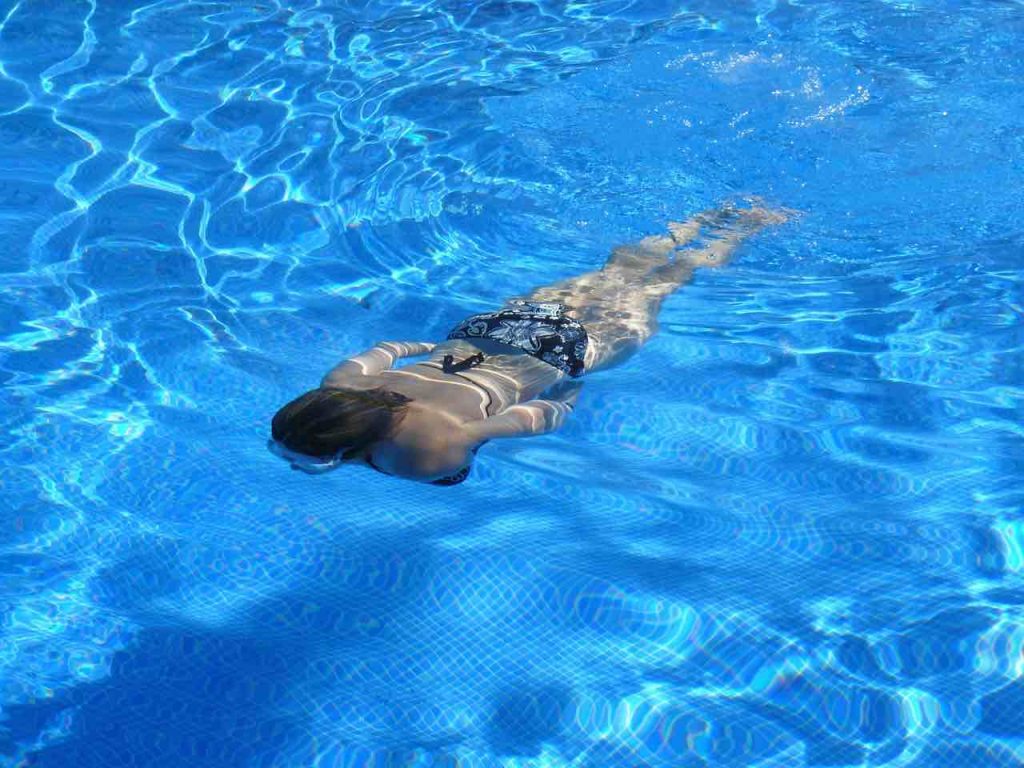Watersports and swimming are growing in popularity all the time. They’re great for your fitness, can be very refreshing and such great fun whether you’re alone or with others. Speaking as someone who has experienced fear of water in my younger years, I’ve put together a guide on how to overcome the feat of water and to make the most out of everything the water has to offer.

The science of our fears and where they come from is often hard to comprehend, but working out where your fear came from may be pretty simple, and can go a long way towards working out the method to conquer it. Many common causes of a fear of the water are listed below. Remember, it isn’t unnatural to be scared of it, and most of us at some point have some sort of trepidation.
- If you have had a bad experience involving water, it is likely to have a big impact on how you view watersports and other activities involving scenarios where you can end up in the drink!
- If you have been taught how to swim before, in school or otherwise, you may not have enjoyed it, and sometimes swimming teachers can be pushy, this can cause some anxieties about swimming later in life.
- If you have grown up with parents who are scared of the water or who have an anxious nature, this may have been passed along to you, subconsciously or otherwise.
- Biologically speaking, fear can just be inherent. The sea must be respected and can cause injury, so in the same way we may be scared of snakes, water can be a scary prospect.
- It may not be the water itself, but what is underneath it that is worrying. This fear is more justified in some parts of the world than in others, and precautions should be taken.
As already mentioned briefly, there’s no shame in being a little afraid, and it is perfectly natural, but the truth is that if you let this affect how adept you are in the water, you could be at more risk should something happen. The safest way to take to the water is confidently, and having at least some basic skills could even save your life. Being comfortable underwater or at least in the water is important.
Here are some of our tips and exercises for getting more comfortable with the water
- Head to the pool before the sea. As well as having lifeguards (many beaches will have this too) you will take a lot of the natural uncertainty out of the equation in a ‘controlled’ environment.
- DON’T “jump in at the deep end” – this is a cliche, and not one that works. If you take it too fast then it will likely show and you will put yourself off. Go at your own pace and success is much more likely.
- When it comes to submerging your face (something most of us struggle with) go a little bit at a time. Start with your mouth, then gradually nose, ears and eyes, each one has its own challenges as your senses get altered, and you don’t have to take them all on at once.
- Start out where you have something to hold. Going into the middle of a pool is probably not the best idea. Whilst developing your skills, stay close to the edge of the pool where you can grab the sides if needed.
- Go with a friend. This not only helps in terms of moral support, it also gives you the peace of mind of knowing should anything happen you have some help.
- Practice floating. This is an unnatural thing at first, but humans are buoyant by their very nature, and if you’re not floating it is because you are resisting. Practice makes perfect.
When you’re learning to swim, getting used to being dunked in the water during surfing or other watersports, it is important to be safe at all times and not go out on your own. Taking it at your own pace is vital, and as the old saying goes, ‘don’t run before you can walk’. Be in the water as much as you can and get comfortable and confident at your own speed.
